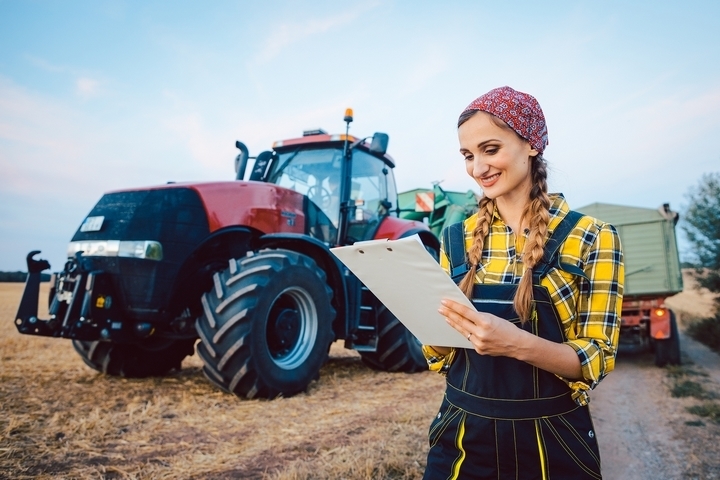You may be a farmer if you desire to grow crops or raise animals. Whether for your family or feeding the world, farming is a way of life that uses the land to provide crops and pasture. It is a rewarding and hard life, but one many people undertake.
Anyone can buy a few chickens and plant some vegetables, but being a farmer is more than that. There is a learning curve to make your processes more efficient to get higher yields, and often learning is through the guidance of those that have farmed before coupled with your real-time education.
Are you thinking of producing from your land? Here are some practical tips on how to run a farm.
What Are You Producing?
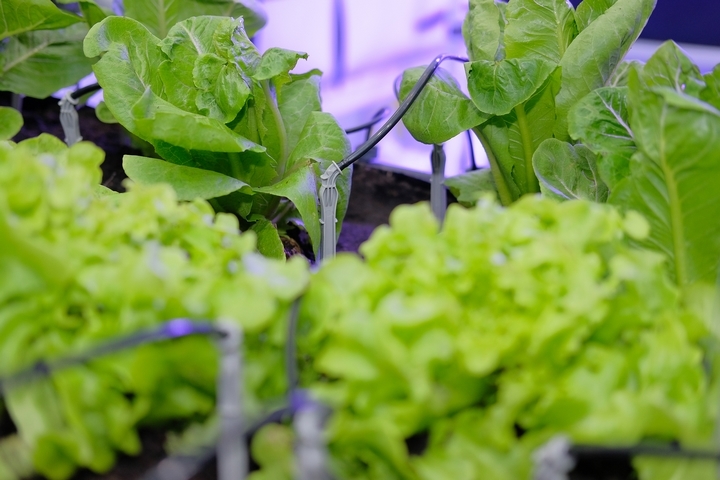
Farming takes many forms, and you must decide what to produce. Common choices include:
- Livestock
- Dairy
- Produce
- Fruit
- Flowers
- Grains
- Fish
- Vineyards
- Cannabis
- Apiary
What you want to grow will dictate the size and scale of your farm and the need for different types of equipment. Make sure you love what you are getting into because many long, hard work days will be ahead.
Buildings
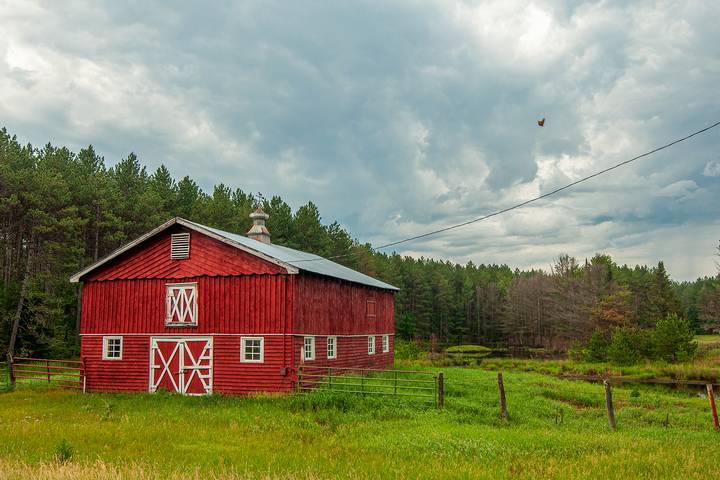
To farm on the land, you will need some structures in place. This buildings house equipment, animals, feed and seed, and yourself. Some key buildings on a farm include:
Farm House This is your residence, and it can be a rustic wood classic to a modern, luxury home. Remember that you live on your farm and must balance dirty work with comfortable living.
Barn
One barn is essential, but more structures are better. You need a place to store your tools and equipment, seed, fertilizers and animal feed.
Livestock Shelter
If you’re farming animals, you need a covered building for food animals to escape the weather. They should be structurally sound and have good ventilation with a solid floor that can be easily cleaned and kept dry. Smaller pens will also be scattered around your farm to house various animals.
Crop Building
This is a storage facility for your crops, including fruit, vegetables and grains. This needs to be a secure building where you can keep out pests and the weather.
Get The Right Equipment
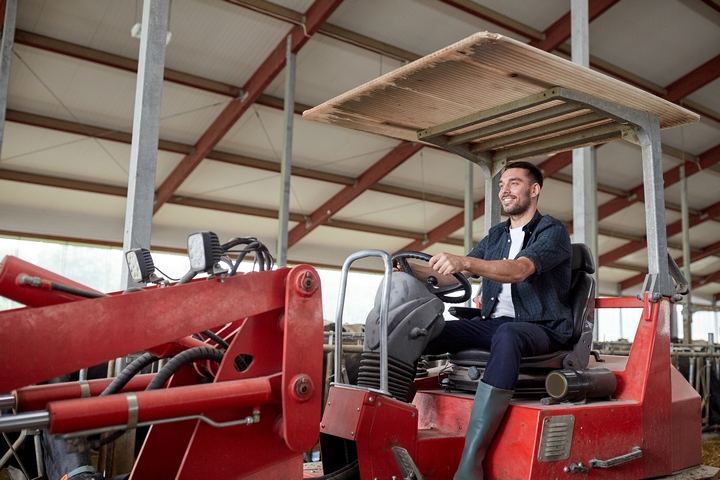
When running a farm, you are going to need some mechanical help. Depending on the size and scale of your farming, you may or may not have any employees. What you do need, though, is some key machinery to get your work done.
Here are some essential ag equipment you need on the farm:
Tractor
It’s hard to farm without one, and it should be the first piece of equipment you get. A tractor is versatile and is the workhorse on the farm, allowing you to haul other equipment, plow, plant, dig and harvest, among many other tasks. Many attachments connect to your tractor to get all your farm work done.
Work Truck
You need a pickup truck on a farm to haul items around. This includes going to town for equipment and supplies and hauling garbage and debris.
Livestock Trailer
For farm animals, an enclosed trailer is needed to move livestock around. This is also a great trailer for storing tack and other items and can haul feed, lumber, firewood and hay.
Hand Tools
Your tractor and all its attachments are great for working in the fields, but you need hand tools for smaller tasks. These include power tools for building and repairing, garden tools for smaller crops and home gardens and handheld tools like hammers, saws, screwdrivers and wrenches.
Agriculture
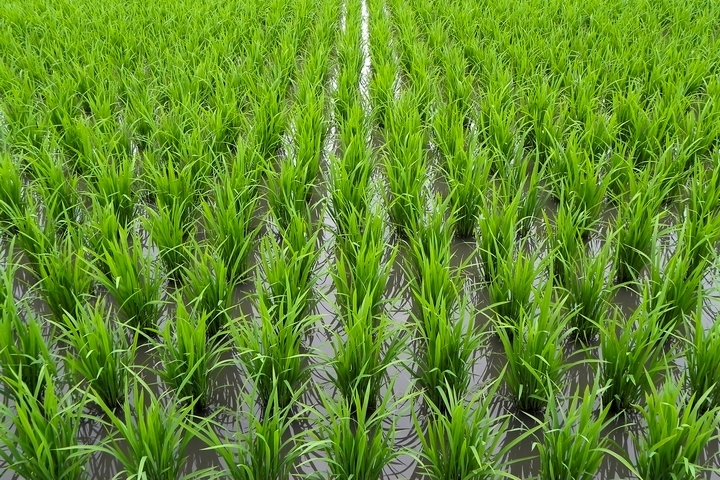
When you farm food, it involves many steps throughout the year to be successful. These include:
- Building healthy soil
- Ploughing
- Seeding
- Fertilizing
- Harvesting
- Crop rotation
- Pest management
- Water conservation
- Handling and storage
Some crops are annual, while others grow multiple times yearly, and all require your dedication, sun up until sundown.
Livestock
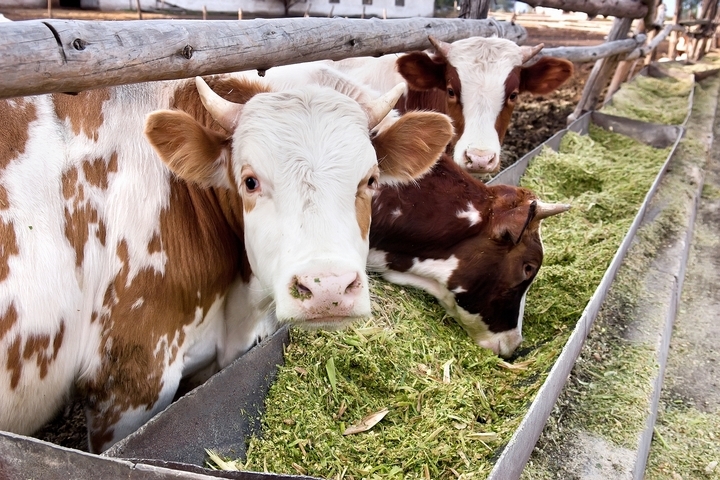
Animals are a different type of farming that takes as much time or more to grow, and they also require food that you may produce on your farm.
Some animals that are commonly farmed are:
- Cattle
- Pigs
- Sheep
- Goats
- Broiler chickens
- Egg-laying hens
- Turkeys
- Horses
Some other exotic animals are also grown for profit and domestic and wild animal breeding.
Keys to Running A Farm
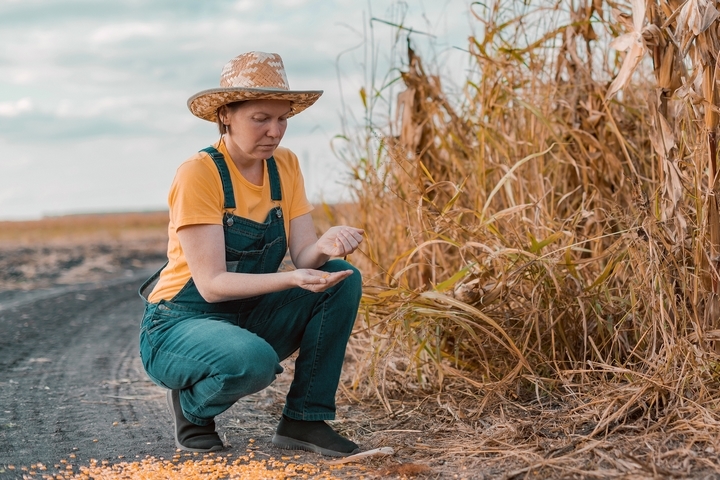
Here are the essential ingredients in successful farming.
Start Small
Get your feet wet and make sure you can manage the day-to-day of a small operation first, then grow.
Find Your Niche
Once you find out what you like to grow and are good at, focus on that to be profitable.
Dealing With Challenges
These include finding good farm workers, dealing with adverse weather conditions and coping with breakdowns and emergencies.
Strong Traits
Farming will test you, so you need to be entrepreneurial, have a strong work ethic, be resilient to adversity and be open to new technology.
These are the things to consider when running a farm. If you pick this life and work hard and smart, it will take care of you and your family for generations to come.

